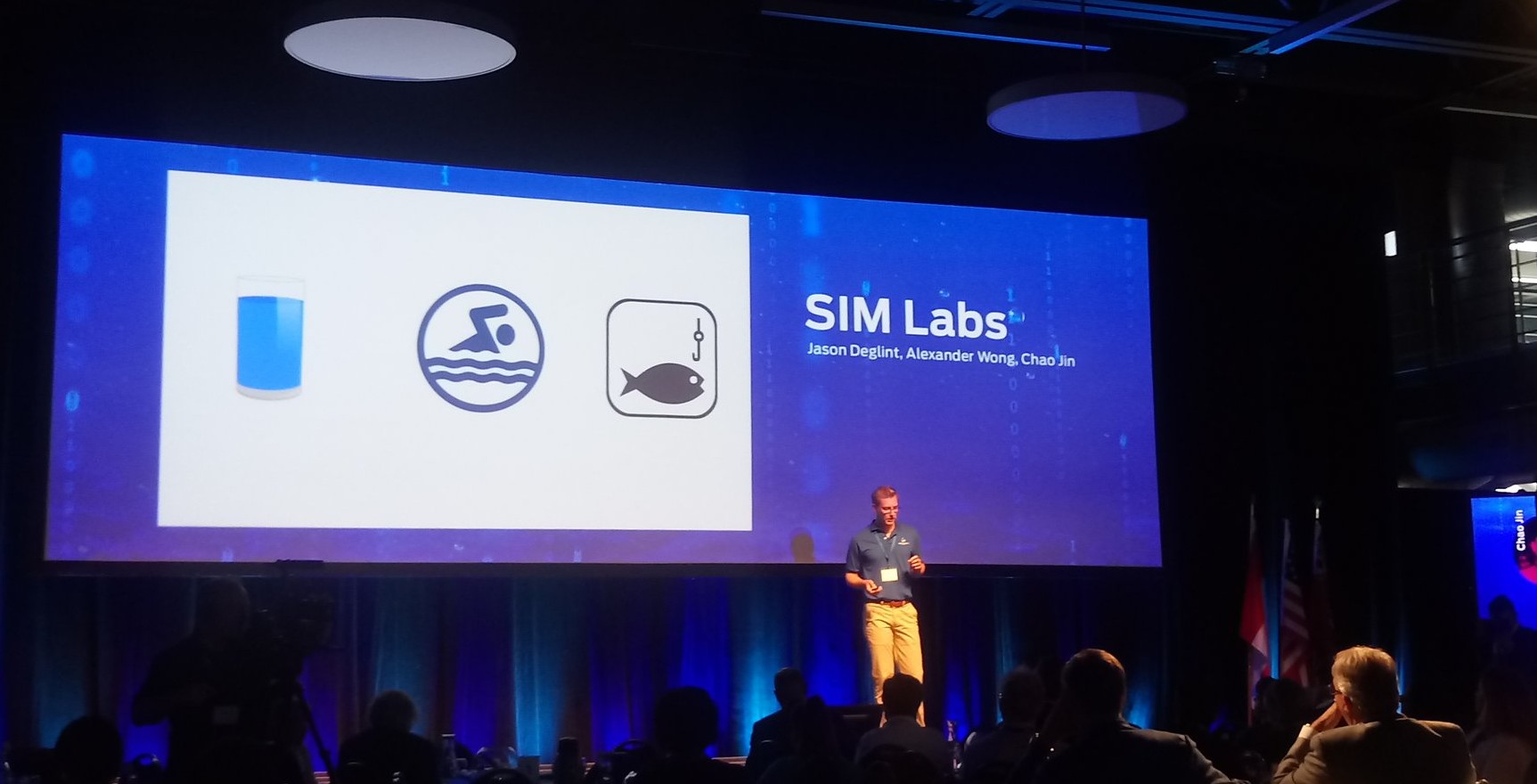Leaders from government, First Nations, philanthropically minded businesses, and youth activists came together for the 2017 AquaHacking Summit to address the many issues facing the Great Lakes and St. Lawrence Basin, specifically Lake Erie.
Hosted by the de Gaspé Beaubien Foundation and the Water Institute at the University of Waterloo, AquaHacking is a collaborative movement that brings together representatives from federal and provincial ministries, NGOs, communities, water experts, local incubators, and technology firms, including AquaHacking’s founding partner IBM Canada, and dozens of AquaHackers to foster the responsible use of precious fresh water resources.
“Almost five years ago, our family began what has been an incredible journey to protect Canada’s waterways. At that time, we never could have imagined what AquaHacking would grow into,” said Philippe III de Gaspé Beaubien, president and CEO of the de Gaspé Beaubien Foundation. “Now in its third iteration, the 2017 AquaHacking Summit will help connect water-engaged citizens from across Canada and beyond, and hopefully play a small part in fostering the protection of our precious fresh water resources.”
Hosted by The Water Brothers, Alex and Tyler Mifflin, the 3rd annual AquaHacking Summit, United for Lake Erie, included both keynote and panel discussions and the AquaHacking Challenge Finals, the culmination of a five-month hackathon challenge that saw five finalist teams pitch their innovative technology solutions to the issues facing Lake Erie, including algae blooms, invasive species, microplastic pollution, and climate change.
“We believe that the innovative tech solutions presented at this and past AquaHacking Challenges, as well as the exchanges this Summit has helped create, will play a vital role in future efforts to protect fresh water resources,” said de Gaspé Beaubien. “We thank everyone who committed their time and effort to this cause.”
The winning hacking team, SIM Labs, selected by a panel of five experts in water conservation and technology fields, were awarded $25,000 in prize money, a spot at a well-known, local incubator, and 25 hours of consultation and mentorship from leaders in technology and entrepreneurship. SIM Labs’ solution involved the development of a fast and robust method of automatically identifying and counting different types of cyanobacteria and predicting HAB (Harmful Algae Blooms) behavioural trends. Collecting this data will help stakeholders to better comprehend cyanobacteria behaviour in concerned environments, which will ultimately lead to HAB predictions before they occur. Visit the AquaHacking 2017 website to learn about each of the five finalists projects.
The 2017 AquaHacking Summit was made possible through the generous support of philanthropic partners, including Founding Partner IBM Canada, GHD, Keurig Canada, Ovivo, Ontario Power Generation, and the Region of Waterloo.













